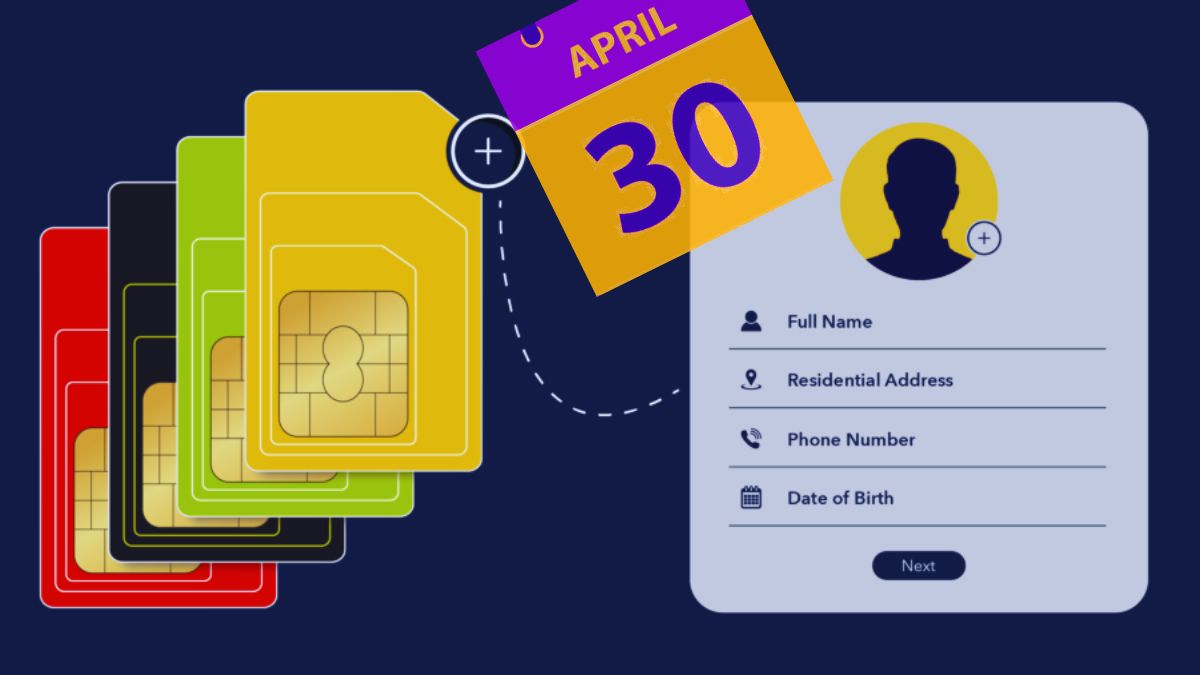Politics
SIM Re-registration Legal Battle Heads for April 30

With the April 30 deadline for SIM card re-registration quickly approaching, the need for an informed decision is more pressing than ever.
In front of Chief Justice Rehana Mungly Gulbul and Justice Karuna Devi Gunesh-Balaghee in the Supreme Court yesterday, lawyers representing various parties presented their arguments in writing, highlighting constitutional issues and individual fundamental rights.
In his plea, Attorney Sanjeev Teeluckdharry, representing Attorney Pazhany Rangasamy, emphasized the potentially severe consequences on constitutional rights.
He underscored the rights to privacy, freedom of expression, and protection against interference in correspondence, all threatened by regulations mandating SIM card re-registration.
According to him, these regulations go against democratic principles by bypassing the parliamentary process to be adopted as “regulations,” without debate or vote in the National Assembly.
The lawyer also pointed out the risk of increased surveillance and collection of sensitive citizen data, with inadequate measures to protect this information once stored in a database.
He stressed the intrusive and potentially abusive nature of these regulations, endangering the confidentiality of communications between lawyers and clients as well as the privacy of citizens in general.
Teeluckdharry expanded the debate by addressing the centralization of surveillance power in the hands of the Prime Minister.
He raised questions about political motivations, especially approaching the general elections, raising concerns about potential abuse or partisan use of this personal data.
The lawyer also mentioned the risks for vulnerable groups, facilitated surveillance of human rights activists and journalists, as well as that of critics and political opponents.
This centralization of surveillance power and access to personal data of all citizens are serious threats to democracy and individual freedoms, according to the lawyer.
“In a democratic society, the separation of powers between the executive, legislative, and judicial branches is fundamental to ensure accountability, transparency, and protection of rights.”
“The Supreme Court, as the highest judicial authority, plays a crucial role in this system by acting as a check on the actions of the executive and legislative branches.”
“Although Parliament holds sovereign power over legislation and the Constitution, this sovereignty is not absolute.”
The final outcome of Attorney Rangasamy’s constitutional complaint may be obtained after the April 30 deadline, so the enforcement of the contested regulations will cause irreparable harm to himself, his clients, and his supporters.
This will inevitably result in a blatant violation of his aforementioned constitutional rights enshrined in the Constitution.
His lawyers are confident that justice will consider these crucial arguments in its final decision.
The expected verdict will be closely scrutinized by civil society and human rights defenders, as it will mark a significant step in the fight for respect for fundamental rights in the current digital context.
Source: l’Express











